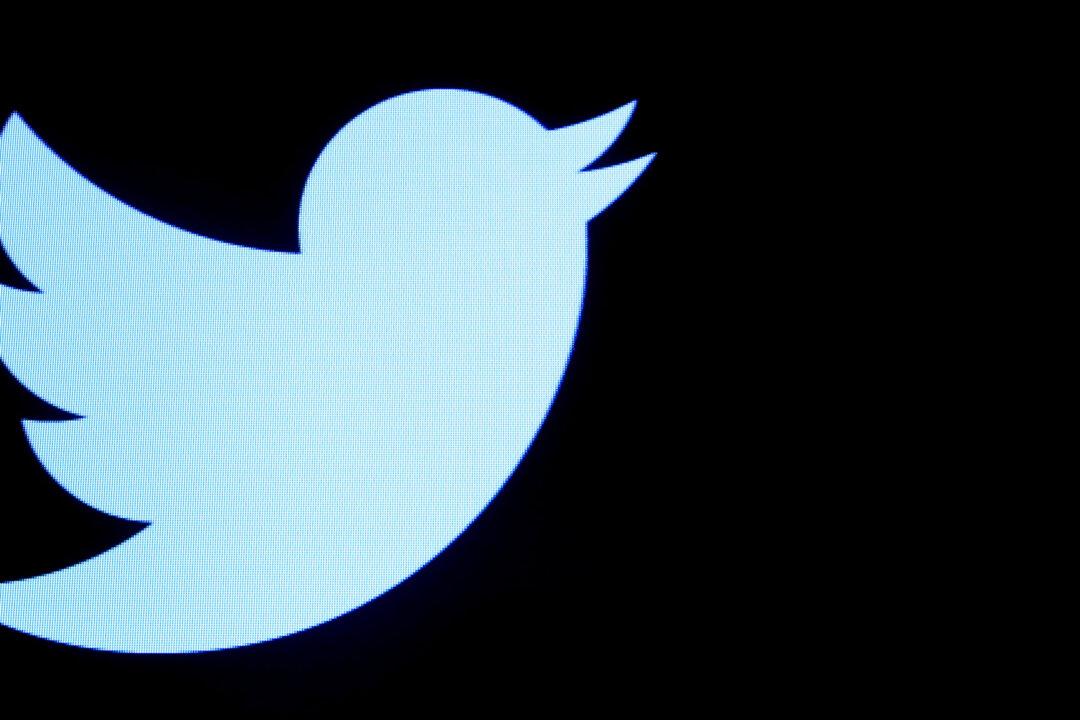Twitter on Friday lifted a freeze on the New York Post’s account and said it had changed its policy on hacked materials.
Twitter said that The New York Post can now send tweets again. The outlet had been blocked since Oct. 14 after it published and shared articles about alleged overseas business dealings of Democratic presidential nominee Joe Biden’s son Hunter Biden. The social media platform said that the articles shared had violated the company’s rules on private information and “hacked materials.”




